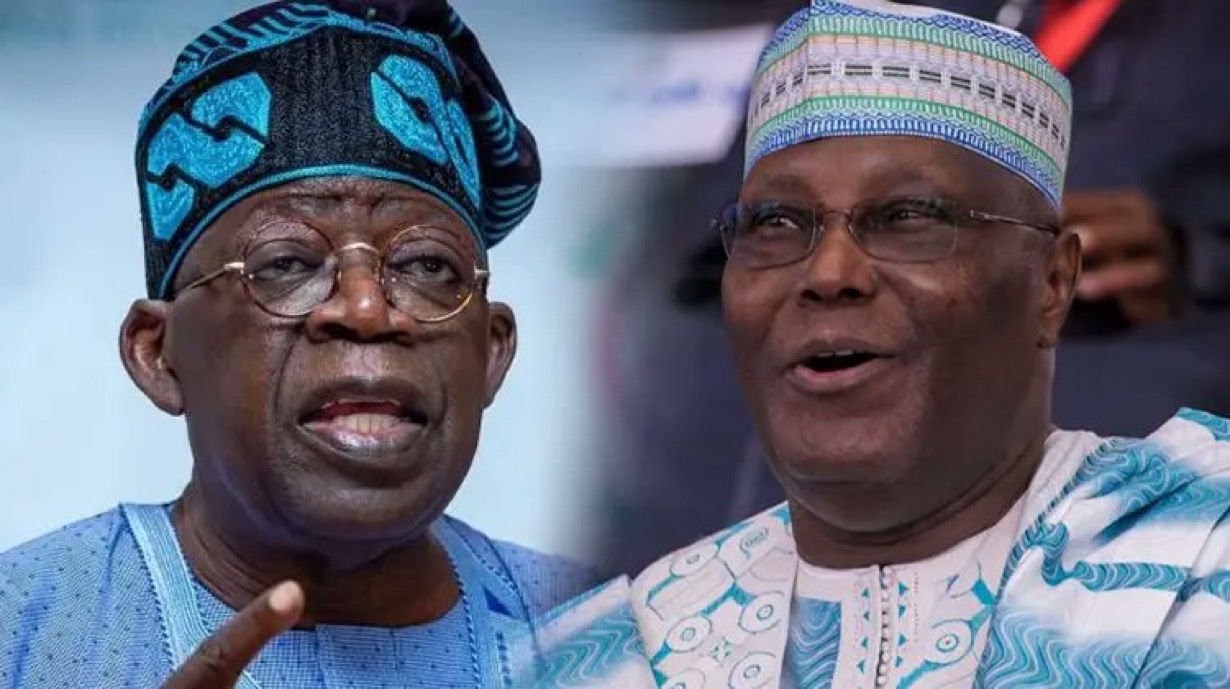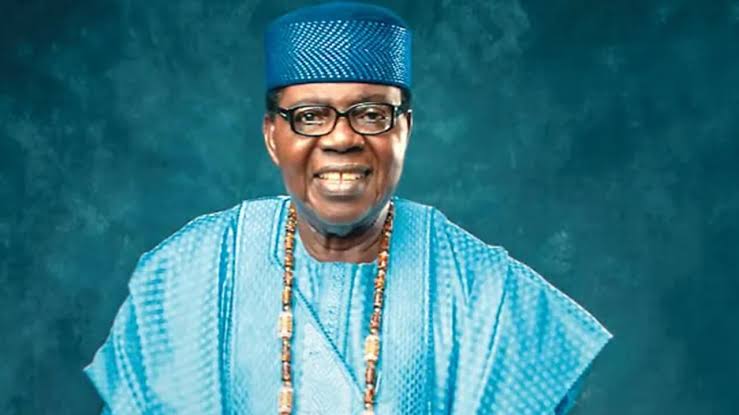
Atiku Abubakar Slams President Tinubu Over Rising Insecurity, Labels Security Architecture a Total Failure

In a bold and blistering statement that has sent shockwaves across the Nigerian political landscape, Nigeria’s former Vice President, Atiku Abubakar, has come down heavily on the administration of President Bola Ahmed Tinubu, criticizing the government’s apparent inability to address the escalating insecurity across the country. Atiku, who has long been vocal on matters concerning national stability and governance, described the Tinubu-led administration’s security structure as a “complete failure,” pointing to the rising tide of violence, kidnappings, banditry, and terrorist activities plaguing several parts of the country.
The former Vice President did not mince words as he addressed what many Nigerians have described as an increasingly deteriorating state of security. Atiku’s comments come at a time when Nigerians are reeling under the weight of daily security threats—from the North-East where Boko Haram insurgents continue to launch attacks, to the North-West and North-Central regions where bandits and armed herdsmen terrorize communities, and even the South where cult-related violence and armed robberies have resurged. According to him, these persistent threats expose the inefficiency and incompetence of the government’s security strategy.
Speaking to journalists in Abuja, Atiku expressed deep concern over what he described as the government’s lack of coherent and proactive strategies to tackle the multifaceted security crisis. “It is disturbing that after nearly a year in office, the Tinubu administration has not demonstrated any real capacity to protect the lives and property of Nigerians,” he said. “The blood of innocent citizens continues to be spilled daily, while the government seems to be fumbling with excuses and weak responses.”
The former Vice President questioned the government’s priorities, suggesting that instead of addressing the root causes of insecurity, the administration has been more focused on political survival and economic policies that have further impoverished the masses. “When a government cannot guarantee the safety of its people, it loses the moral right to govern. What we see today is not just a lapse in intelligence or tactical failure—it is a total breakdown of leadership,” he added.
Atiku’s comments reflect the growing frustration among Nigerians who feel abandoned and unprotected. In recent months, there has been a spike in incidents of mass abductions, especially in northern states like Kaduna, Zamfara, and Niger, where hundreds of schoolchildren and villagers have been kidnapped for ransom. In the Federal Capital Territory (FCT), Abuja, once considered a safe haven, residents are increasingly expressing fear over the rising cases of violent crimes, including daylight kidnappings, home invasions, and killings.
Despite assurances from the presidency and security chiefs, there has been little sign of significant improvement. The Tinubu administration had, upon assuming office, promised to overhaul the security architecture and adopt a more technology-driven, intelligence-based approach. However, Atiku argues that these promises have remained largely theoretical with no meaningful results on the ground.
“The reality is stark,” Atiku declared. “We cannot pretend any longer. Nigerians are not safe in their homes, on the roads, or in their places of work. The government has failed to provide the most basic of responsibilities, which is to protect lives and property.”
In a rare moment of bipartisan unity, Atiku’s remarks have found resonance with even some members of the ruling All Progressives Congress (APC), who have privately admitted that the security situation is alarming. Analysts have noted that the Tinubu government, while facing economic and political challenges, must treat insecurity as the most urgent national emergency.
Atiku urged President Tinubu to demonstrate decisive leadership by immediately reevaluating the current security framework. He called for the replacement of non-performing security chiefs and the adoption of a more inclusive approach that brings together community leaders, traditional rulers, civil society groups, and security experts. “It is no longer enough to hold security council meetings and issue routine statements. Nigerians want action. They want to see real, tangible results,” he said.
This latest critique by the former Vice President is not his first confrontation with the Tinubu government. As a key opposition figure and the presidential candidate of the Peoples Democratic Party (PDP) in the 2023 elections, Atiku has consistently challenged the policies and decisions of the APC-led administration. However, his latest remarks are arguably the most scathing, reflecting both a political and moral outrage at the worsening state of affairs in the country.
The presidency, at the time of filing this report, has not issued a formal response to Atiku’s criticisms. However, sources within the government suggest that the President is aware of the concerns and is planning a comprehensive review of the national security strategy in the coming weeks. Whether these plans will be enough to assuage public concerns remains to be seen.
Meanwhile, citizens across the country continue to bear the brunt of the insecurity crisis. In rural areas, farmers are unable to return to their fields for fear of attacks, threatening food security and pushing many into deeper poverty. Urban dwellers are equally on edge, with many now adopting self-imposed curfews and resorting to community vigilantes for protection. The fear, anxiety, and helplessness that now define the Nigerian experience are, for many, proof of a nation at the edge.
Atiku concluded his remarks with a passionate call for unity among Nigerians to demand better governance and accountability from their leaders. “This is not just about politics—it is about the soul of our country. We must come together as one people and demand change. We cannot continue to live like this. Enough is enough,” he declared.
As the security crisis deepens, pressure continues to mount on President Tinubu to deliver on his promises and restore a sense of safety and order in Nigeria. With Atiku’s latest intervention, the political temperature is likely to rise further, and all eyes will be on Aso Rock to see how the presidency responds—not with words, but with action.


